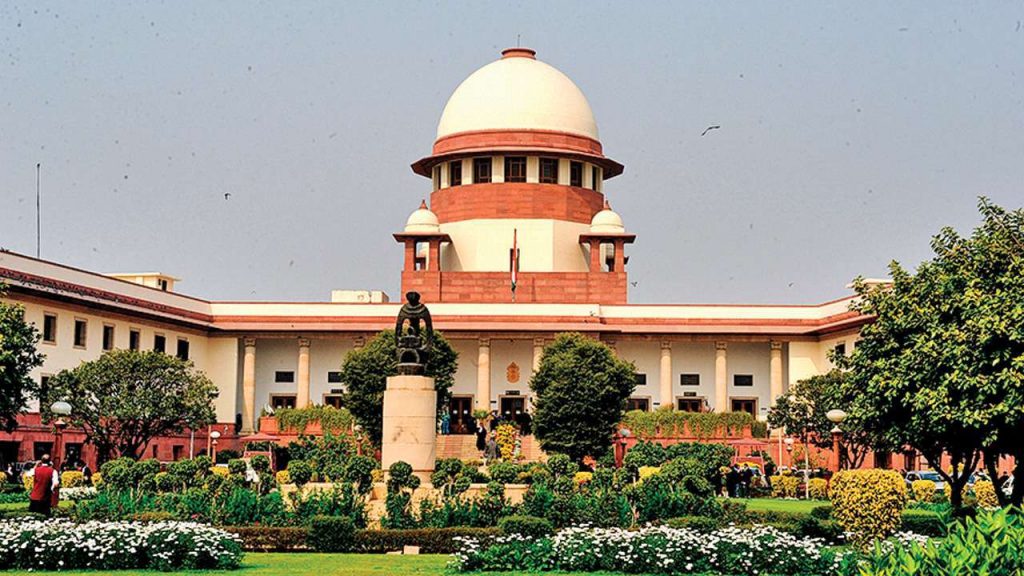New Delhi: The Supreme Court said Monday that a priest cannot be treated as Bhumiswami (owner of land) and the deity is the owner of the land attached to a temple. A Supreme Court bench of Justices Hemant Gupta and AS Bopanna said the ‘Pujari’, or priest, only holds the land for the purpose of management of the property of the temple.
“In the ownership column, the name of the deity alone is required to be mentioned. This is because the deity being a juristic person is the owner of the land. The occupation of the land is also by the deity which is carried out by the servant or the managers on behalf of the deity. Therefore, the name of the manager or that of the priest is not required to be mentioned in the column of occupier as well,” the top court said in a ruling Monday.
The Supreme Court bench added that the law is clear on the distinction that the pujari is not a Kashtkar Mourushi, (tenant in cultivation) or a government lessee or an ordinary tenant of the maufi lands (land exempted from payment of revenue) but holds such land on behalf of the Aukaf Department (relating to ‘Devasthan’) for the purpose of management.
Also read: Supreme Court’s ‘patience’ being tested by Centre due to lack of ‘respect’
“The Pujari is only a grantee to manage the property of the deity. Such grant can be reassumed if the Pujari fails to do the task assigned to him, i.e., to offer prayers and manage the land. He cannot be thus treated as a Bhumiswami,” the bench said.
“We do not find any mandate in any of the judgments to hold that the name of Pujari or manager is required to be mentioned in the revenue record,” the apex court bench said.
It further said that the name of the Collector as manager cannot be recorded in respect of property vested in the deity as the Collector cannot be a manager of all temples unless it is a temple vested with the State.
The top court was hearing an appeal filed by Madhya Pradesh challenging an order of High Court which quashed two circulars issued by the state government under the MP Law Revenue Code, 1959 (Code).
These circulars ordered deletion of the names of pujari from the revenue record so as to protect the temple properties from unauthorised sale by the priests.
